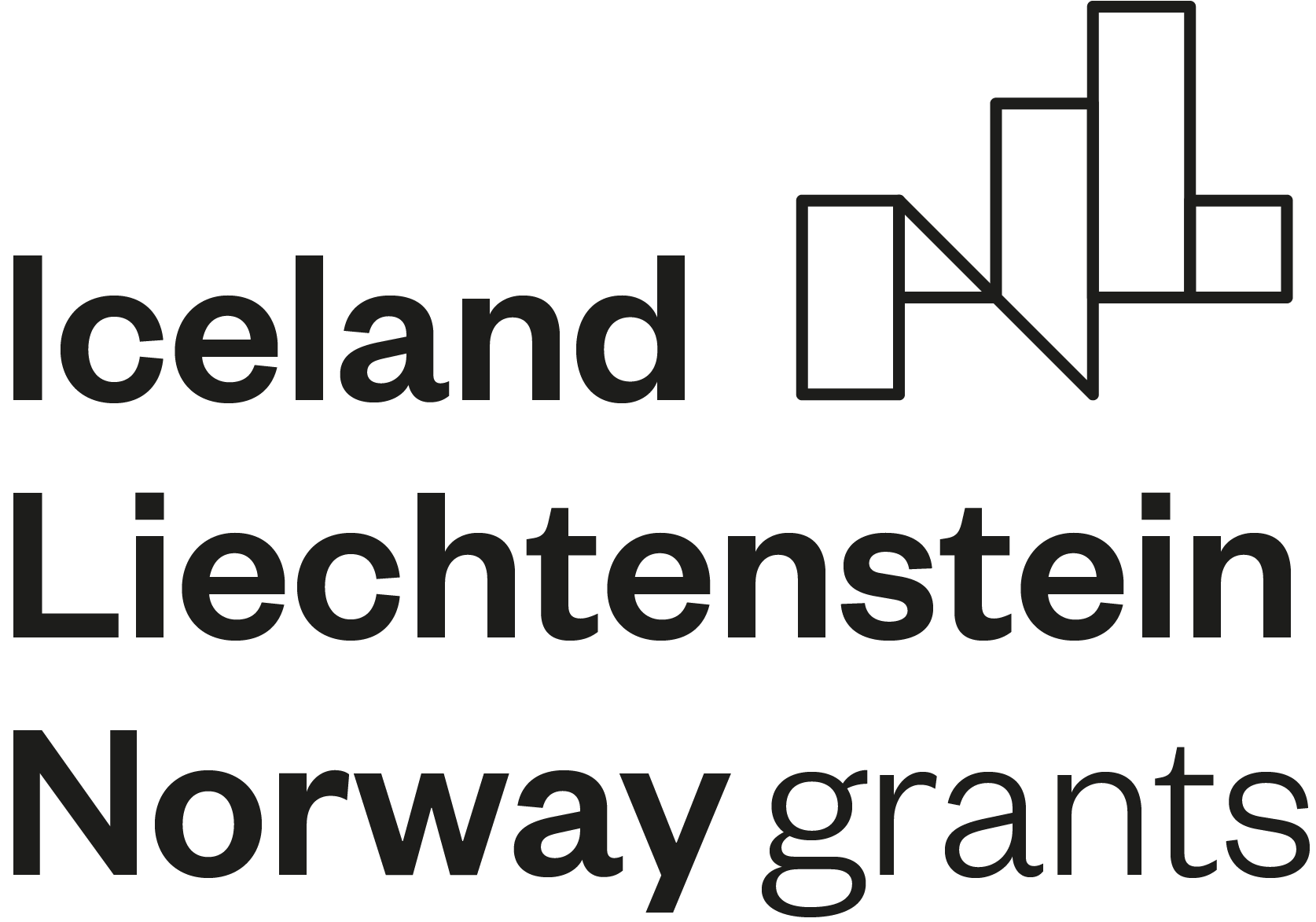Center for Continuing Education and Professional Development for people with intellectual disabilities.
In the Polish special education system, we have been struggling for many years with a significant decline in access to various forms of support after leaving school. Of course, this situation is gradually improving, opportunities for support in the form of respite care are emerging, the level of financial support within social care is also increasing and various mechanisms are being launched in this area. A network of entities is being created to increase access to assistive and supportive technologies in the form of a network of Support and Test Centers (e.g. OWIT Sosnowiec – owit.sosnowiec.pl) or a central rental of assistive and assistive equipment. The availability of care institutions for graduates of special schools, such as Community Self-Help Homes, is gradually increasing. Vocational Activity Facilities have also established themselves on the market and Occupational Therapy Workshops are constantly operating. However, there are no educational facilities enabling continuing education for this group of people. After completing their education, their chances for targeted development in their dream area are basically completely dependent on the resources of care providers and the offer of entities from the third sector – associations and foundations – available in a given region.
However, as many of our experiences show, it is when they leave school that many of our students are only really ready for focused, conscious and purposeful education in a vocational direction. Often, it is only at this stage that professional predispositions and interests become visible. Unfortunately, this is when access to qualified and systematic education for this group of people largely ends. Responding to these challenges, in the “AION” project we attempted to create a conceptual framework for the operation of the Center for Continuing Education and Professional Development for people with intellectual disabilities. We based our search largely on cooperation and good practices from our Icelandic friends. By observing the functioning of the Icelandic Fjolment, we created the foundations for a similar institution in Poland.
As part of the project, thanks to the “Education” program and funding received from Iceland, Norway and Liechtenstein under the EEA Financial Mechanism for 2014-2021, it was possible to develop and equip:
- 10 modern workshops preparing people to work in the following professions:
- General construction helper, employee in small production and services
- Small production line worker, warehouse worker, packer.
- Pet sitter
- Kitchen help, baker’s helper
- Housekeeping worker, hotel service, janitor
- Gardener’s assistant, green areas caretaker
- A farm worker on a small farm
- Office worker, administrative assistant
- Car wash employee, car mechanic/vehicle service station assistant
- Customer service employee in a small restaurant
- a set of catalogs of basic skills was developed for each selected job position. They constitute a starting point for conducting intensive, short-term courses preparing to work in specific positions. Ideally, they provide initial on-the-job training before actual work begins. They may also be useful for planning the development of a person with a disability during an internship with the Labor Office preceding employment based on an employment contract,
- Functional diagnosis tools for evaluating progress in acquiring professional competences. A set of diagnostic sheets complementary to school programs, allowing for a systematic assessment of students’ progress in acquiring professional competences. They allow for establishing a baseline assessment before the professional development process and subsequent monitoring of progress.
- A simplified e-learning portal for people with disabilities was developed, containing short and simple courses supporting the acquisition of professional skills in selected professions.
As part of this result, an attempt was also made to develop organizational and financial mechanisms enabling the actual launch of this type of facilities. The key idea was based on the cooperation of the Labor Office with NGOs. The Labor Office, based on the Labor Fund, could provide financing for training and even employment support in the first months of work, which could be carried out by qualified personnel employed by NGOs that have obtained the status of Training Institutions (registration in RIS). Unfortunately, in order to benefit from these funds, people with disabilities would have to be registered as unemployed, and unfortunately, in the current legal situation, this involves the loss of social benefits, in particular disability pensions. For many of these people, this is their primary source of income and they are not ready to take such a risk. However, it is permissible to register this group of people as job seekers, which provides certain training opportunities or support for professional activation, but they do not allow for the creation of an entity of such a complex nature as planned in the project. Despite this, we do not give up and continue to look for solutions that would allow us to establish a center for continuing education for people with intellectual disabilities and fill this great gap in a system that declares and promotes the idea of lifelong learning.
